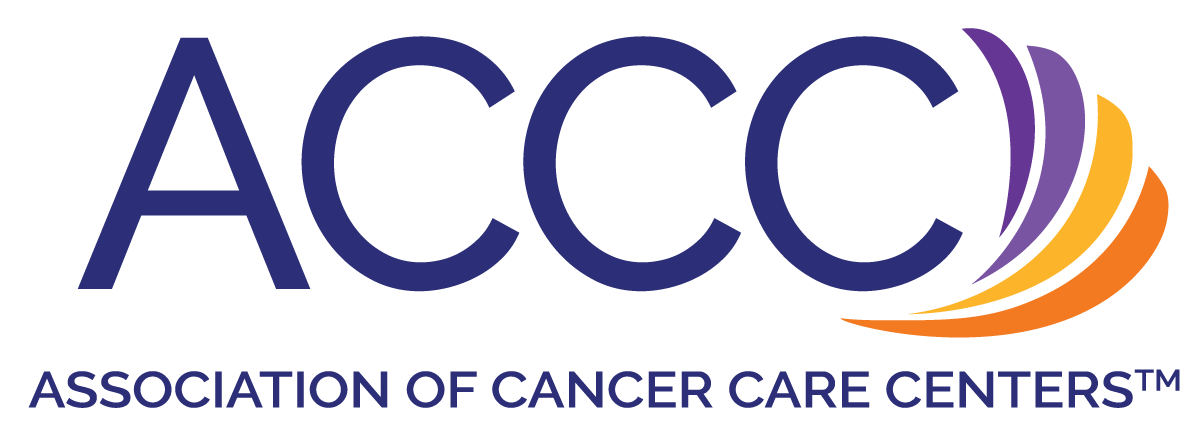
Dr Andre Harvin: Specialty Pharmacists Are Integral to Oncology Care

Specialty pharmacy is a big area of growth, with opportunity for patients, and specialty pharmacists can help payers and insurers ensure that patients get the full value of oncology medications, noted Andre Harvin, PharmD, MS, MBA, chief pharmacy officer, Oncology Services, Cone Health Cancer Centers.
Specialty pharmacy is a big area of growth, with opportunity for patients, and specialty pharmacists can help payers and insurers ensure that patients get the full value of oncology medications, some of which are 6 figures in terms of their annual costs, noted Andre Harvin, PharmD, MS, MBA, chief pharmacy officer, Oncology Services, Cone Health Cancer Centers.
Transcript
What are some optimal strategies to incorporating a specialty pharmacy team into oncology care that can optimize outcomes?
Specialty pharmacies, when we start talking about those more expensive oral oncology medications that continue to come to the market, these are game-changers. There's really no other way to say it. With a specialty pharmacy before, when a patient maybe had to have a toxic antineoplastic medication that they had to come in multiple days for an infusion, now we have options to send them out of a clinic with an oral medication. Some of them can be taken daily, some of them maybe have a little bit more of a rigorous schedule on it, but now they don't have to come back and have an IV tied to their arm; they can take this oral medication and have similar or sometimes even better outcomes.
The really great thing about that is that, if you're not doing specialty pharmacy, then the question is, why not? It's such a big area of growth; it's such an opportunity not only for your patients, but also because this is
What better way than to have a highly specialized, highly trained individual like a pharmacist to help them on that journey? So, specialty pharmacists, they reach out to the patients on normal intervals before they do any refills. They make sure they ask critical questions about how many pills they have left, if they've had any difficulties. They can help manage side effects before a patient may make a decision not to continue taking the medication, which we see sometimes. Your specialty pharmacist can not only ensure that your patients are going to adhere to their drug—therefore, having a higher chance of getting that clinical outcome—but they're also going to make sure that we're getting the full value out of that medication and that we prevent a patient from stopping that drug prematurely.
So there's only benefits, I would say, from having a specialty pharmacist as part of your program. They are a little bit difficult to stand up, but once you get it up and running, you'll see the value immediately.
Newsletter
Stay ahead of policy, cost, and value—subscribe to AJMC for expert insights at the intersection of clinical care and health economics.









